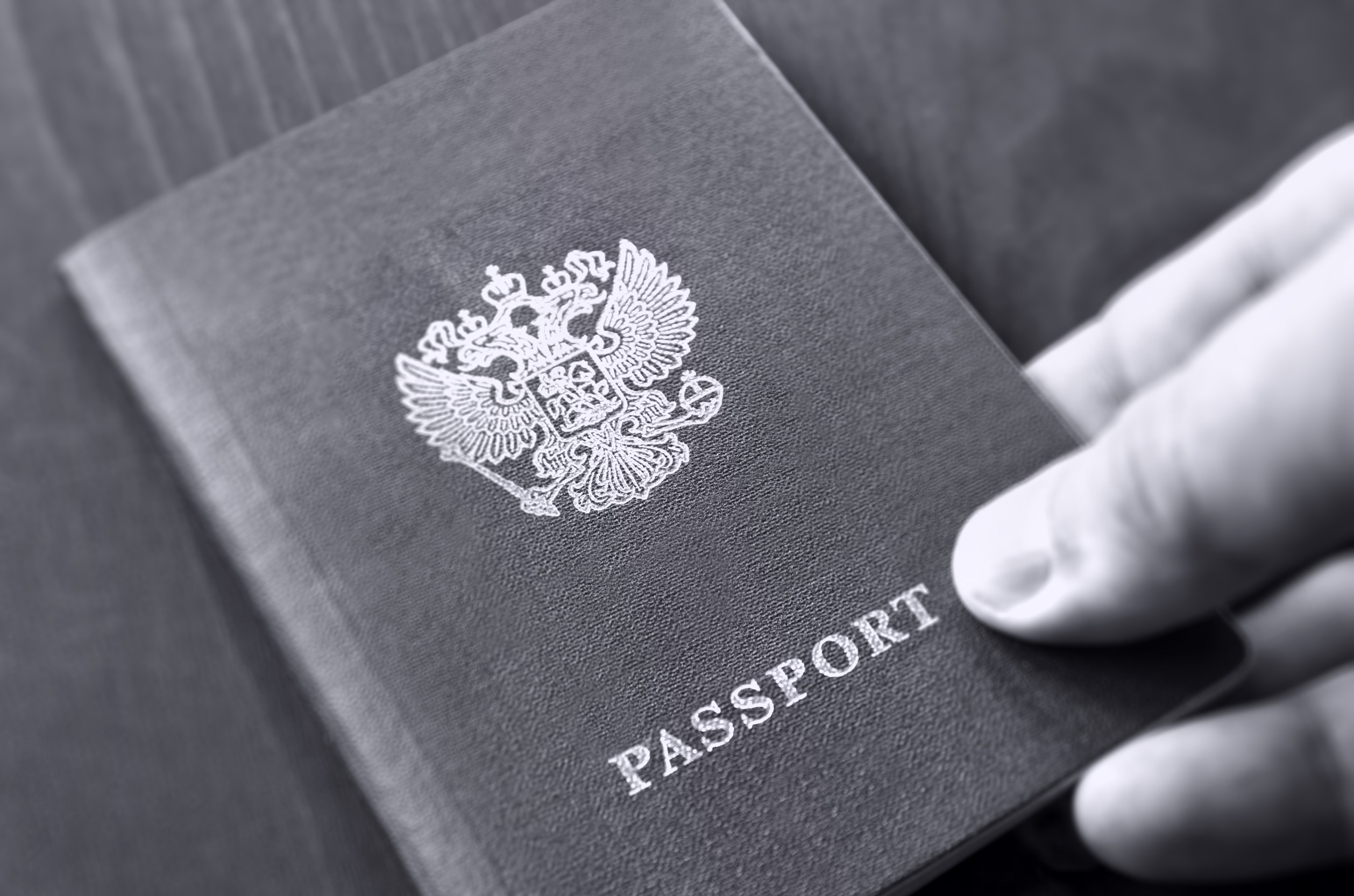
Historic Visa Pact Between Belarus and Russia
In a move set to reshape travel dynamics, the mutual visa recognition agreement between Belarus and Russia is slated for implementation at the close of this year. Announced by Belarus’ diplomatic figure in Russia, Dmitry Krutoi, this initiative marks a pivotal moment in the relationship between the two nations. Originating from a 2020 agreement, it aims to facilitate smoother movement across borders for foreigners and stateless individuals.
With an enforcement target date of December 8, 2024, the agreement heralds a new era of travel convenience and economic collaboration. This effort underscores a shared commitment to fostering closer ties and promoting cross-border activities. It reflects a significant step towards eliminating bureaucratic hurdles and enhancing tourism and business exchanges.
The announcement culminates efforts to finalise an integrated information system essential for the agreement's operation. This milestone, as highlighted by BelTAT, signals an impending boost in mobility for nationals of both countries, ensuring a seamless travel experience.
The pact, ratified by Russian President Vladimir Putin last year, extends beyond mere policy formalisation. It embodies a strategic approach to regional unity, providing a legal basis for the reciprocal visa recognition initiated in March 2023. Such collaboration simplifies travel for holders of either country’s visas and fortifies the Belarus-Russia alliance.
This landmark agreement promises to eliminate the need for additional visa processes for travellers with valid visas from either country. It paves the way for unrestricted access, allowing extended stays per the visa specifications. This mutual recognition scheme is a testament to the countries' efforts to streamline border crossings, significantly benefiting tourists and business travellers.
Reflecting on the global mobility index, Russian passport holders enjoy visa-free access to 88 countries, ranking 94th worldwide. Conversely, Belarusian passports, ranked 107th, afford visa-free travel to 49 countries. This agreement is poised to enhance the international travel landscape for citizens of both nations, broadening their access while maintaining security and regulatory compliance.
The upcoming visa recognition pact between Belarus and Russia is a beacon of international cooperation. It not only facilitates more accessible travel but also symbolises a more profound, strategic partnership aimed at mutual development and regional stability. As December 2024 approaches, the anticipation of its benefits continues to grow, promising to usher in a new chapter of connectivity and understanding between these allied nations.
What is the Belarus-Russia Visa Accord?
A bilateral agreement known as the Belarus-Russia Visa Accord was made between the Russian Federation and the Republic of Belarus to enhance diplomatic relations and facilitate citizen travel across borders. Signed in December 2024, this accord represents a significant turning point in the diplomatic relationship between the two countries, allowing for smoother travel and fostering closer economic, social, and cultural exchanges.
How does the Visa Accord facilitate cross-border movement?
The Visa Accord simplifies the visa application process, reducing bureaucracy and, in some cases, eliminating the need for a visa for short-term visits. It streamlines border control procedures, making it easier for citizens of Belarus and Russia to travel between the two countries for tourism, business, education, or family visits. This increased accessibility is expected to boost cross-border cooperation and mobility significantly.
Who benefits from the Belarus-Russia Visa Accord?
The Visa Accord primarily benefits the citizens of Belarus and Russia, as it simplifies their travel arrangements and opens up more opportunities for cross-border activities. Additionally, businesses in both countries can leverage more effortless mobility for trade, investment, and collaboration. The accord also has broader implications for regional economic development, tourism, and cultural exchanges, benefiting stakeholders in various sectors.
Step1: Complete the online application by providing your passport details.
Step2: Submit payment online using a credit card.
Step3: Monitor your email for confirmation of payment and receipt of your eVisa, which will be sent electronically.